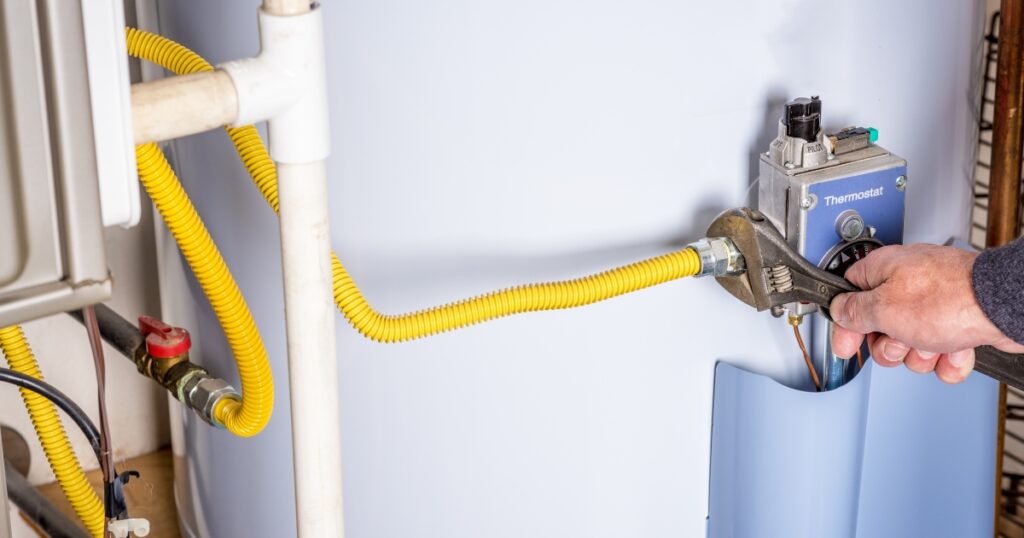Choosing an energy-efficient hot water system is crucial for reducing utility bills and environmental impact while ensuring consistent hot water supply. This guide explores different types of energy-efficient hot water systems, their benefits, and considerations to help you make an informed decision for your home.
Types of Energy-Efficient Hot Water Systems
Solar Hot Water Systems
Solar hot water systems harness energy from the sun to heat water stored in a tank or circulating through pipes. They consist of solar collectors mounted on the roof to absorb sunlight, which is then transferred to the water. Solar hot water systems can significantly reduce energy consumption and are most effective in sunny climates.
Heat Pump Hot Water Systems
Heat pump hot water systems extract heat from the air surrounding the unit and use it to warm the water stored in a tank. They work similarly to air conditioners in reverse, making them highly energy-efficient. Heat pump systems are suitable for all climates and can operate effectively even in colder temperatures.
High-Efficiency Gas or Electric Systems
High-efficiency gas or electric hot water systems use advanced technology to minimize energy consumption while maintaining reliable hot water supply. They often feature improved insulation, heat exchangers, and digital controls to optimise energy efficiency. These systems are suitable for homes without access to solar or heat pump technologies.
Benefits of Energy-Efficient Hot Water Systems
Lower Energy Bills
Energy-efficient hot water systems reduce energy consumption, leading to lower utility bills over time. Systems like solar and heat pump hot water heaters utilise renewable energy sources or efficient heat transfer methods, further reducing operating costs.
Reduced Environmental Impact
By decreasing reliance on fossil fuels and minimising energy consumption, energy-efficient hot water systems contribute to a smaller carbon footprint. Solar and heat pump systems, in particular, use renewable energy sources or efficient heat transfer methods, making them environmentally friendly choices.
Consistent Hot Water Supply
Energy-efficient hot water systems are designed to provide consistent hot water supply, ensuring comfort and convenience for households. Advanced technologies in these systems maintain water temperature more efficiently, reducing fluctuations and improving overall performance.
Considerations When Choosing a System
Climate Suitability
Consider your local climate when selecting an energy-efficient hot water system. Solar hot water systems perform best in sunny climates with ample sunlight, while heat pump systems are suitable for various climates but may be affected by ambient air temperatures.
Initial Investment vs. Long-Term Savings
Evaluate the initial cost of installation versus long-term savings in energy bills and maintenance. While energy-efficient systems may have a higher upfront cost, they typically offer significant savings over their lifespan through reduced energy consumption.
Maintenance Requirements
Understand the maintenance requirements of different hot water systems. Solar and heat pump systems may require periodic inspections and maintenance, while gas or electric systems may have simpler maintenance needs. Consider the availability of local service providers for ongoing maintenance and repairs.
Choosing Efficiency for Your Home
Investing in an energy-efficient hot water system is a smart choice for homeowners looking to save on energy bills and reduce their environmental impact. By understanding the benefits of solar, heat pump, and high-efficiency gas or electric systems, you can select a solution that meets your household’s hot water needs while promoting sustainability.





